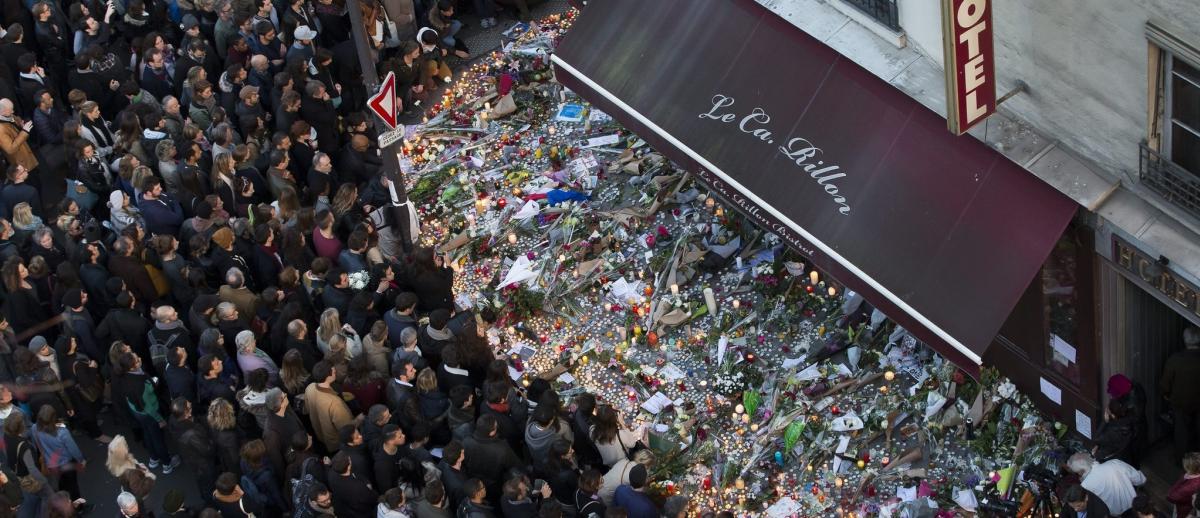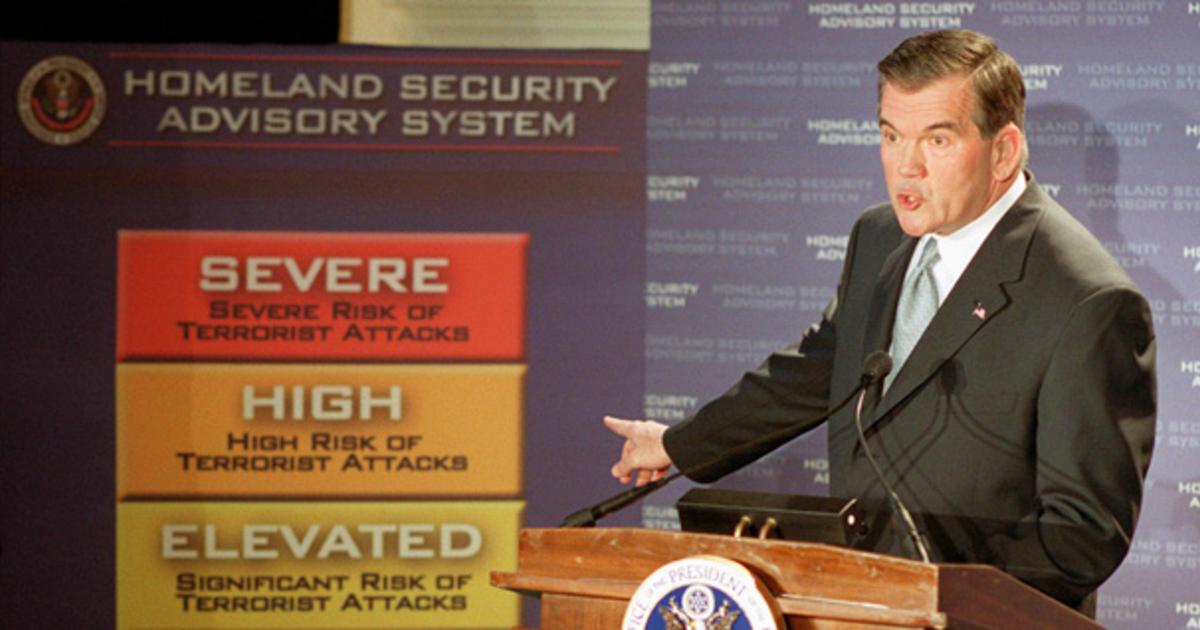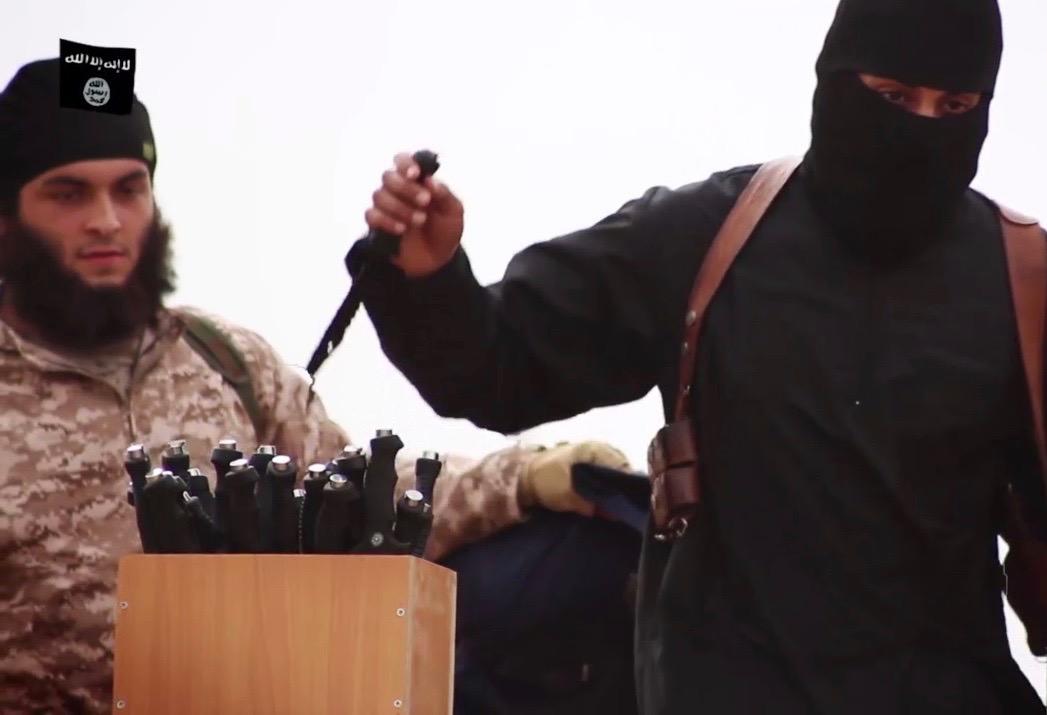Terrorism and World Risk Society: Resilience, Resentment, and Spectacle
archive


Terrorism and World Risk Society: Resilience, Resentment, and Spectacle
People living in Western societies are, for the most part, safer and healthier than at any point in human history. Despite this, the control and prevention of potential dangers is a central preoccupation of societal institutions. Which threats in particular are given the most attention by governments and media are often out of proportion to their actual likelihood of harm. Since 9/11, Islamic terrorism has been characterized as the predominant security threat to the United States and Europe. The resulting “war on terror” drove changes in domestic and foreign policy and captured much media and public attention. That terrorism has been understood as the predominant social threat is not surprising given its immediate and visceral consequences. But a broader view of the social dynamics of risk can shed light on why terrorism and the reactions to it developed in the way they did.
Terrorism is a category of danger that threatens society but it is also produced by society itself. As theorized by Ulrich Beck in his notion of the ‘risk society’, there is a shift in individual and public perceptions of the primary dangers we face from things like natural disasters or acts of god, which are outside of human control, to ones produced by human action.1 Along with terrorism, other examples include climate change, financial panic, and nuclear war. With the rise of such risks, the key concern of states has shifted from the provision and distribution of ‘goods’—income, housing, health care—to the avoidance of ‘bads’ like pollution, crime, terrorism.
This preoccupation with risk comes not because of the actual dangers we confront. Rather, risks cause a problem for the legitimacy of governments and institutions, as modern nation-states based their legitimacy on their ability to control and protect their citizens from dangers. Now those dangers not only arise from society itself, but exceed the capabilities of social institutions to deal with them. One could therefore argue that terrorism represents a more immediate threat to state power and authority than something like climate change, and thus requires a stronger response.
Government responses to risk are deployed strategically to strengthen state power. The representation of risks is inseparable from their material consequences, so how risks are defined and perceived is central to risk politics. In the case of terrorism, while the threat of terrorist attacks weakens trust in institutions, it can also strengthen states that have the most power to discursively define the terrorist threat. This discursive power has been used by Western governments to legitimize global military intervention and implement repressive domestic policies.2 In the post-9/11 years, the intense focus on avoiding a terrorist attack, and the ways this risk was constructed in official communications and media coverage, helped create a discursive environment in which far-reaching anti-terror laws could be enacted with limited opposition.3

Homeland Security Secretary Tom Ridge -- March 2, 2002
Governmental actions and policies generated in response to the risk of terrorism are in some cases associated with forms of neoliberal governmentality in which responsibility for dealing with risk is shifted from state institutions to individuals. The discourse around terrorism not only harnesses the fears of the public, it also “invites us to be involved in managing the terrorist risk as a logical step towards ensuring our own safe keeping.”4 Discourses encouraging citizens to play an active role in ensuring their security through self-monitoring and self-discipline are not unique to this historical moment. But the ways in which this is implemented is consistent with broader societal trends towards individualization and responsibilization under neoliberalism. In such formations, individuals rather than the state are primarily responsible for dealing with risks of all kinds and can be held accountable if they do not play their part.
...while the threat of terrorist attacks weakens trust in institutions, it can also strengthen states that have the most power to discursively define the terrorist threat.
More recently this has involved a discursive shift towards the concept of ‘resilience.’ This was embraced by the Obama administration, which in its counter-terrorism planning emphasized responding to and recovering from attacks as quickly as possible. A resilience approach accepts a certain degree of risk as inevitable, while boosting the capacity of individuals to respond in appropriate manner, for example through more first aid training for citizens or “[making] preparedness a civic virtue by instructing civilians to refrain from requesting professional assistance unless absolutely necessary.”5 Critics argue that resilience demands from citizens “permanent adaptability to extremes of turbulence.”6 Such shifts in discourse are of course politically contingent, with the Trump administration abandoning resilience in its counterterrorism rhetoric and focusing on eliminating the threat entirely.
The power to define risks does not rest solely with governments, however, and is in fact a key point of contestation. The global media landscape is contested and complex, used by both hegemonic powers and disruptive actors to advance their goals. Terrorist acts have long been intimately connected to media, with the attention gained through the creation of spectacular violent images part of the rationale for the attacks. Media are not simply how information about terrorism gets disseminated, but are an integral part of the events and how they are constituted.7 This means that media themselves become a source of risk, with terrorists deliberately exploiting the media in order to cause reactions and overreactions on the part of the public and authorities.8 It is not only through reactions to terrorist attacks themselves that media become risky, but the ways they are used for the recruitment and organizing by terrorist groups.

Mohammed Emwazi ("Jihad John"), ca Nov. 16, 2014. Source: Islamic State/al-Furqān Media Foundation
In the case of ISIS, the use of (Western, corporate) social media to organize and spread its message, as well as the usual terrorist logic of co-opting media practices to spread fear, are central to the successes that ISIS has achieved. While news media circulated images of the group’s acts of brutality, popular figures on social media emphasized the freedom and glory of life in the caliphate to attract foreign recruits to Syria. The openness and decentralization of ISIS propaganda, and its ease of access on common social media platforms, further encouraged followers to commit acts of terror in their home countries, multiplying and creating risks everywhere. ISIS documents promoted “Media Jihad” as central to its strategy, and other articles in this series have explored ISIS’ use of hashtag hijacking on Twitter and its visual propaganda techniques.
...media themselves become a source of risk, with terrorists deliberately exploiting the media in order to cause reactions and overreactions on the part of the public and authorities.
The role of media systems in actively producing the risk of terrorism point to the complex and reflexive nature of socially-produced risks in a globalized society. Responses to risks create new risks. While the discourses of terrorism that today circulate in the media can serve to reinforce the power of the state, these same processes can also amplify the risk of terrorism by fostering the conditions which spawn it. In a globalizing world, unintended consequences will inevitably arise from these new interconnections, which can negatively impact particular societies or groups. The failures of complex global political processes and institutions— many of which emerged in response to various risks—also resonate at an individual level. The paradigm of resilience positions such systemic failures as a fact of life, and means that individuals are vulnerable to the failures of governance while also being responsible for most of their costs. Failures of justice, recognition, and status, along with the denial of these failures, breed resentment and create the conditions conducive to the emergence of terrorism.9 The individualization of politics and the resentment engendered extends to political violence, with self-radicalization becoming increasingly prevalent in terrorist attacks.
Rather than isolated acts of disruption, terrorism is enmeshed within the fabric of global risk society. An appreciation of the complexities and feedback loops inherent in global risk processes is central to understanding the emergence of and responses to terrorism.
1 Ulrich Beck, Risk Society : Towards a New Modernity (London ; Newbury Park,
2 Ulrich Beck, “The Terrorist Threat: World Risk Society Revisited,” Theory, Culture
3 Gabe Mythen and Sandra Walklate, “Communicating the Terrorist Risk: Harnessing
doi:10.1177/1741659006065399.
4 Ibid.
5 Stephen Flynn, “Recalibrating Homeland Security: Mobilizing American Society to
6 Jeremy Walker and Melinda Cooper, “Genealogies of Resilience: From Systems Ecology
2011): 144, doi:10.1177/0967010611399616.
7 Simon Cottle, “Rethinking Media and Disasters in a Global Age: What’s Changed and
doi:10.1177/1750635213513229.
8 Hannele Seeck and Terhi Rantanen, “Media Events, Spectacles and Risky Globalization:
no. 2 (March 1, 2015): 163–79, doi:10.1177/0163443714553493.
9 Elisabetta Brighi, “The Globalisation of Resentment: Failure, Denial, and Violence in World



